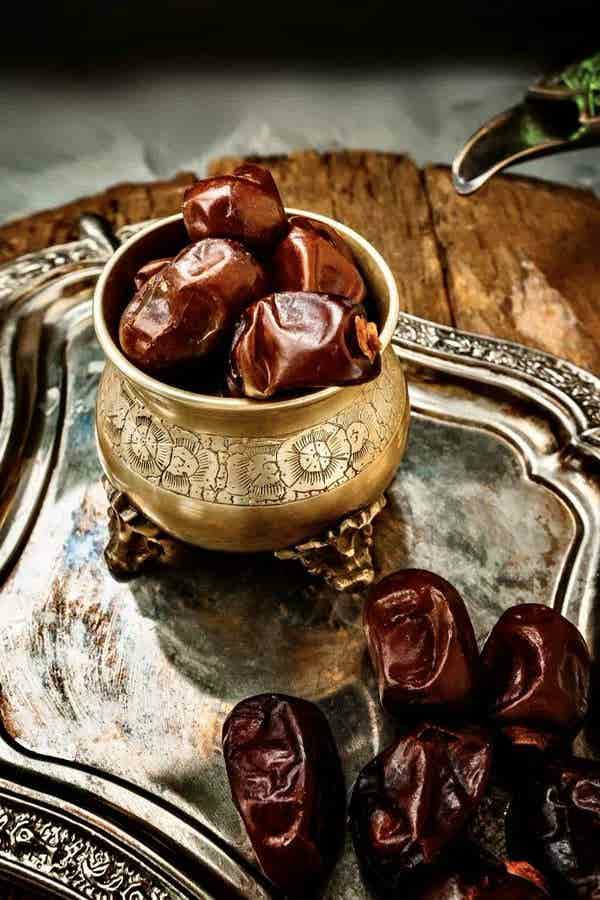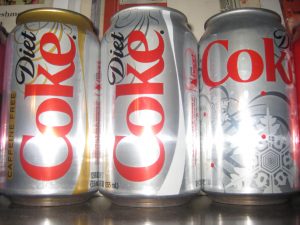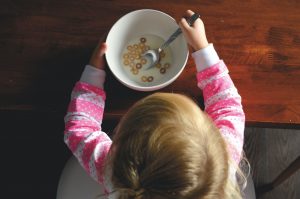Ramadan, the holy month of Muslims worldwide, is the month in which the Quran was revealed to Prophet Muhammad. During this month, all able-bodied Muslims must fast the entire day — from sunrise to sunset.
A time of gathering, reconnecting and reflecting 🌙
Enjoy a food-oriented Iftar evening at the beautiful #PalaceDowntown this Ramadan.#VisitDubai pic.twitter.com/bTET0INk0R— Visit Dubai IN (@VisitDubai_IN) March 23, 2023
The fasting period, also known as Roza, is paramount to Muslims. During this period, they must abstain from any food or drink consumption. This is seen as giving up all worldly desires for Allah.
Also Read| 5 must try mutton recipes to try this Eid al-Adha
The fast is broken after sunset with a full-fledged meal known as Iftar. It is believed that those who prepare iftars or offer them to those in need provide a true act of kindness in the eyes of Allah.
According to traditional practices, the fast is broken by consuming dates with water or milk. Dates are an excellent energy source and rich in potassium for proper muscle function and rejuvenation.
Moroccan Ramadan Food. pic.twitter.com/4QPp4s8vj9
— Moroccan Gallery (@MoroccanGallery) March 21, 2023
Some of the most famous iftar meals include Shorba, a vegetable-based soup; Haleem, a delicious stew made from mutton and sometimes chicken; Sambusa, a form of baked samosa stuffed with fish or vegetables. Kebabs, jallab, fattoush, kheer are some of the other popular dishes consumed during this time.
It is always advisable to break Roza with a light preparation such as soup and then move on to heavier dishes. Consuming rich food after prolonged fasting is unsuitable for the body.
Also Read| 5 family-favourite Bakr-eid recipes to enjoy with your loved ones
Hence, food that includes a lot of sugar and fat should be eaten less. Food items containing high salt, chocolate, or caffeine content are also advised to be avoided.







